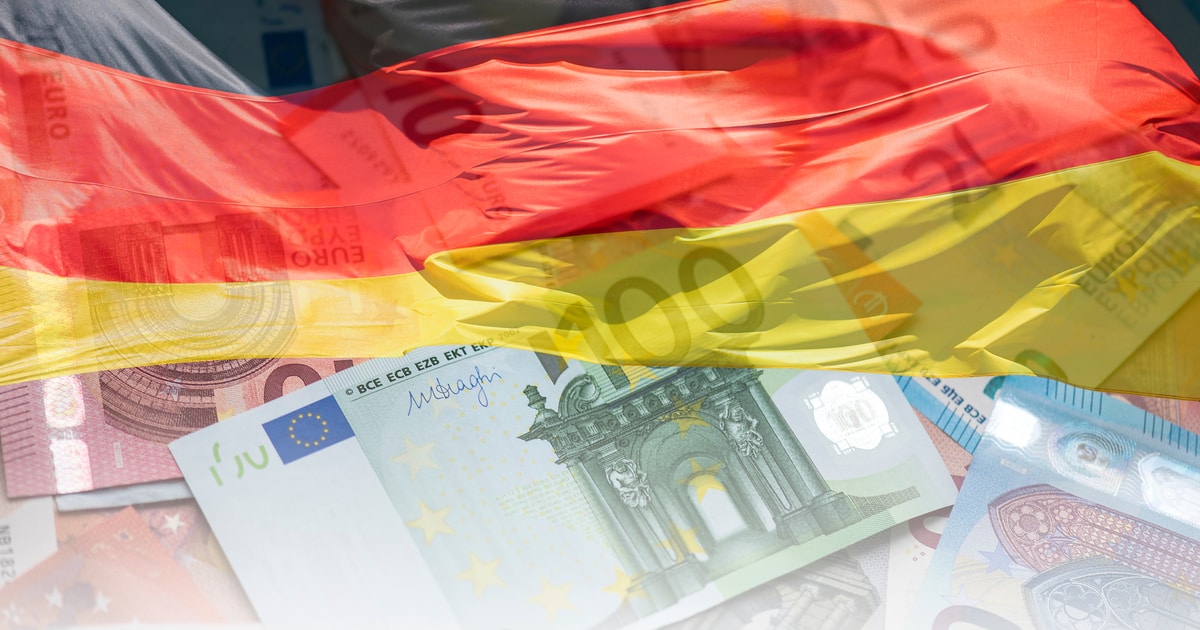German Finance Minister Calls for Speedy Interventions in the Rollout of a Digital Euro
Brian Njuguna Nov 28, 2020 04:00
German Finance Minister, Olaf Scholz, sees the digital euro as an ideal innovation to meet the high demand for digital money from businesses and consumers in Europe.

German Finance Minister, Olaf Scholz, sees the digital euro as an ideal apparatus to fill the void triggered by a high demand for digital money from businesses and consumers in Europe. Therefore, he has asked the relevant authorities to speed up the rollout of the European Central Bank (ECB) digital currency.

Simplifying domestic and international payments
Speaking at an online conference on future payments in Europe, Scholz stated:
“On the digital euro, I think we should work very hard. It is nothing where we should wait and see.We should be able to decide at any time that now we should do something with a digital euro.”
The issuance of CBDCs seems to be a race against time because, in the eyes of many nations, owning a CBDC is instrumental in having control of the global markets. Furthermore, CBDCs are touted as game-changers in easing domestic and international payments because transfers will be channeled through the internet and possibly even offline.
Pushing CBDC Adoption
Recently, Russia’s central bank revealed that financial regulators are keeping a keen eye on central bank digital currencies (CBDCs) because they see them as silver linings in the expansion of electronic settlements technologies and e-commerce amid the pandemic.
Scholz echoes these sentiments because he believes digital payments will continue being embraced, and CBDCs can step in with amicable solutions. Nevertheless, the International Monetary Fund (IMF) recently asked central banks not to throw caution to the wind when developing CBDCs because they have to come up with strong legal frameworks for them to work.
CBDCs are digital assets pegged to a real-world asset and backed by the central banks meaning that they represent a claim against the bank exactly the way banknotes work. Furthermore, they are blockchain-enabled, representing a new technology for the issuance of central bank money at the wholesale and retail levels.
.jpg)